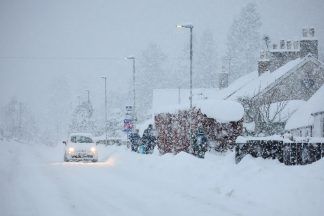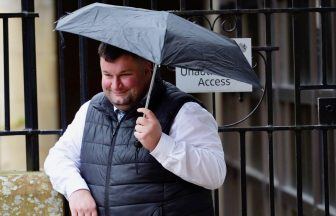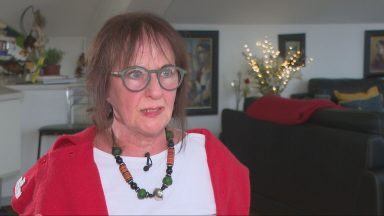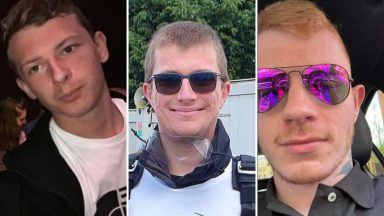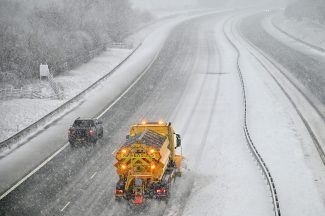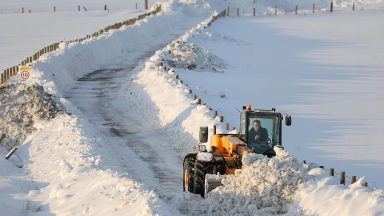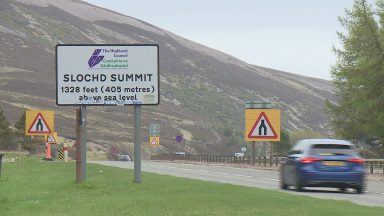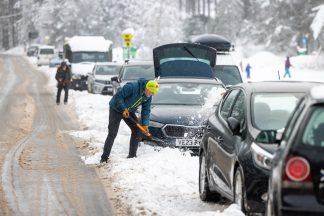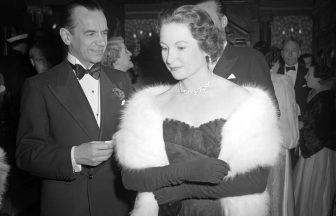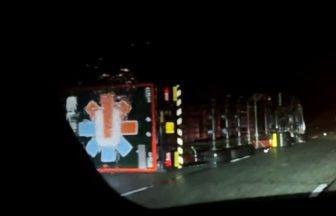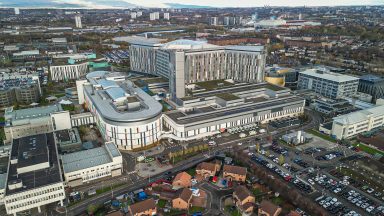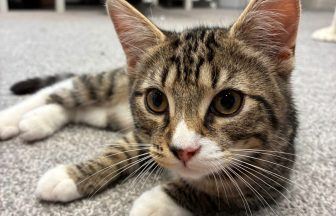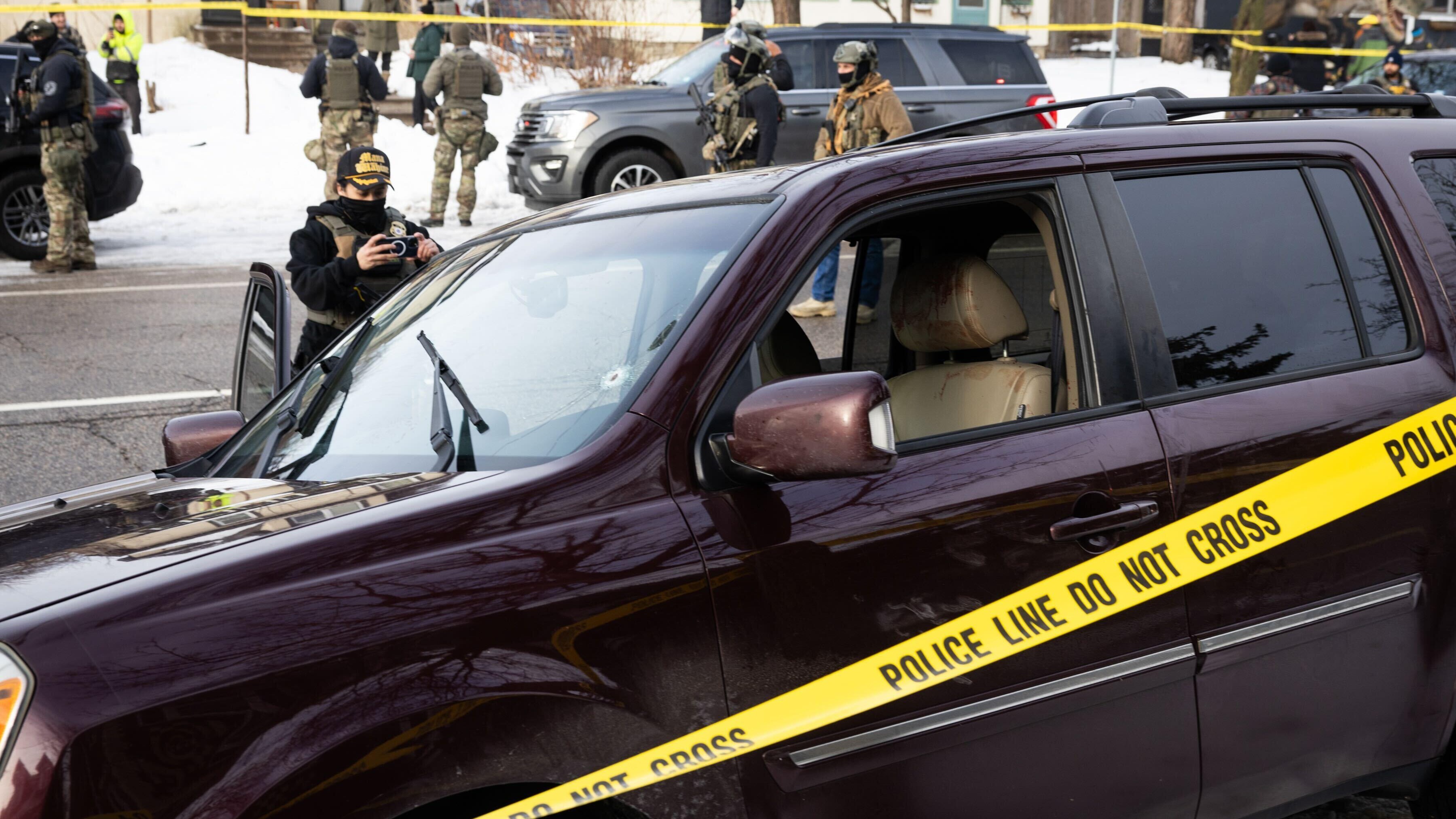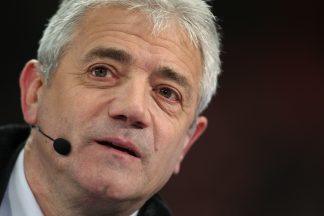A charity preparing to bring three Second World War veterans to Scotland said it “means the world” to them to be revisiting sites linked with their wartime service.
Donald Turrell, 100; Dorothea Barron, 100; and Eugeniusz Niedzielski, 101, are set to travel to Scotland in August in a trip organised by the Taxi Charity for Military Veterans (TCMV).
As well as visiting a number of sites linked with their service, the “remarkable” trio will attend the Edinburgh Tattoo on August 12.
Colin Mills, chairman of TCMV, said: “We are incredibly proud to be taking three remarkable WW2 veterans to Scotland this August, and we are so grateful to everyone whose generous donations have made this trip possible.
“Don Turrell, Dorothea Barron, and Eugeniusz Niedzielski, each with extraordinary stories of service and resilience, will be visiting places that hold deep personal significance.
“Trips like this are only possible thanks to the generosity of our supporters, and it means the world to these veterans to be honoured in this way.”
London-born Don Turrell enlisted in the army when he was just 17, having lied about his age, and joined the Cameronians (Scottish Rifles).
He intends to visit Dunfermline, where his mother was born, and also to return to Fort William in the Highlands where he spent time training before being sent to France in the weeks following D-Day.
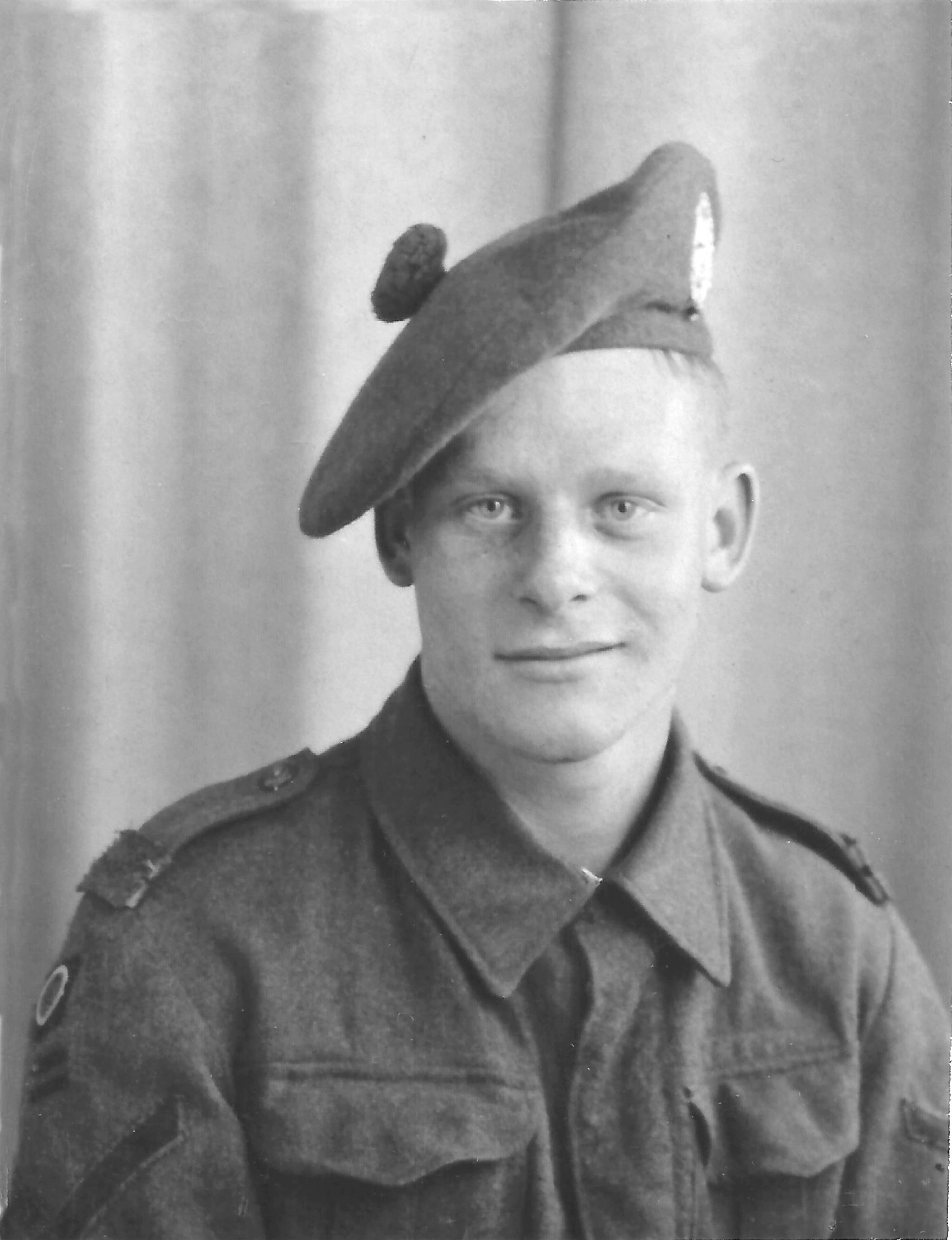 PA Media
PA Media“It was hard, very hard,” the 100-year-old recalled of his time training in Scotland.
“It made me fit. There are some photographs floating about with me with all my muscles showing,” he said with a chuckle.
He added: “We used to hang over cliffs on ropes. Just tapped in a six-inch nail on the ground, rope round it, down the side a cliff and swing about, (and) climb up.
“I enjoyed every minute of it.”
Other destinations include a visit to the Low Parks Museum in Hamilton, which houses the Cameronians (Scottish Rifles) collection.
The visit is set to take place on August 8, when a parade with the standard will be held.
Dorothea Barron enlisted in the Wrens when she was 18, having been a schoolgirl in London during the Blitz.
Working as a visual signaller, she spent much of her time at naval sites in Scotland, initially at Port Edgar on the Firth of Forth and then Rosyth in Fife, Aberdeen, and Campbeltown on the Kintyre peninsula.
The 100-year-old said she was especially looking forward to revisiting her old posting at Port Edgar.
“They’re going back to Hopetoun, which was the rallying point for all the naval people,” she said.
“And from there we were sent off to various parts of Scotland. So, I’d love to see if my little tin hut of a signal station has survived the Scottish weather.
“I doubt it very much, but it’s going to be such fun looking for it.”
During her visit to Port Edgar on August 7, she will perform the sod-cutting ceremony at the old Port Edgar Barracks, which is set to be converted into a new housing scheme.
Born in what was then Poland, Eugeniusz Niedzielski was deported to Soviet work camps during the invasion of Poland in September 1939.
Released when Stalin joined the Allies in 1942, Mr Niedzielski joined the new Polish army, which was placed under British command, and took part in the Allied offensive in 1944 – including taking part in the liberation of the Dutch city of Breda.
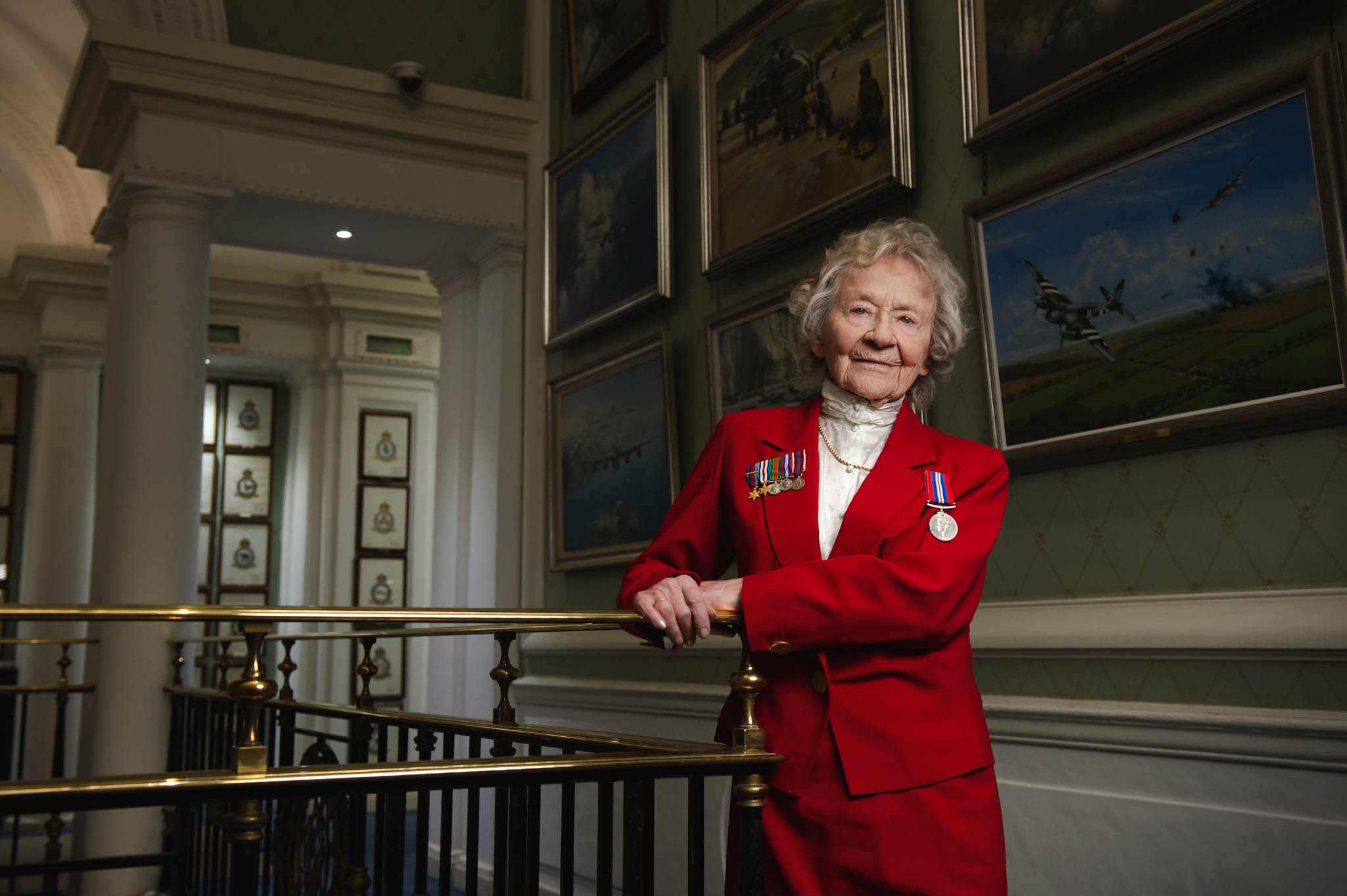 PA Media
PA MediaHe served in the Polish 1st Armoured Division, which was formed in Duns, in the Scottish Borders, by General Stanislaw Maczek in 1942, and intends to visit the town as part of the trip.
The 101-year-old will also visit the Polish consulate in Edinburgh on August 10, as well as travelling to Alnwick in Northumberland, Kelso and Faslane.
Mr Turrell and Ms Barron both expressed their gratitude to the TCMV for arranging trips for veterans like themselves.
“This is what keeps me alive,” Mr Turrell said.
“Now I know I’m going on another (trip), I’ll got to keep myself going.
“Otherwise, I just sit in a chair, fall asleep, wake up, look at a telly, fall asleep again.”
Ms Barron said: “The lovely London taxi drivers charity were the ones who found me out and gave me all these wonderful opportunities to meet other people who’d been in the war.
“Because, once my husband died and our local doctor died, nobody else, I think locally, had been in the war.
“So it was lovely. It was intriguing, and it’s giving me a second lifetime.”
Follow STV News on WhatsApp
Scan the QR code on your mobile device for all the latest news from around the country


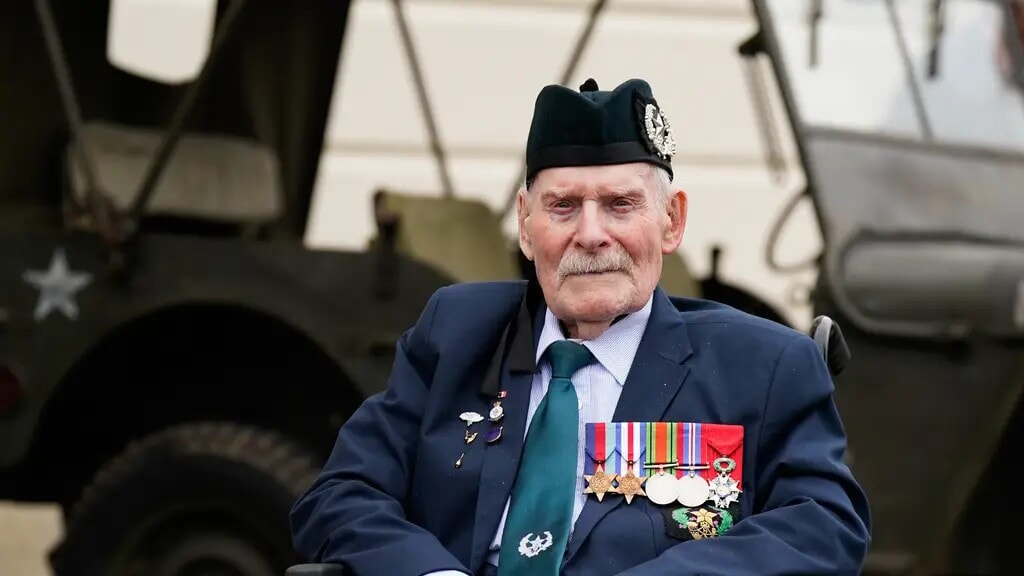 PA Media
PA Media

